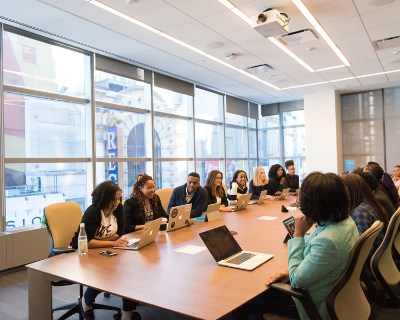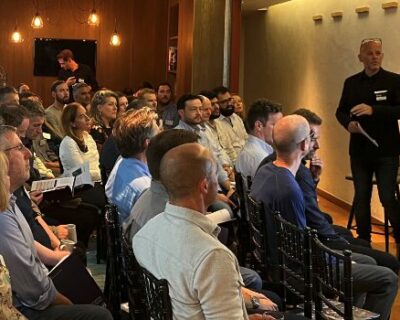Frog portfolio company, Winningtemp have recently highlighted why organisations need to be prioritising creating a positive work culture and employee experience for the business to thrive. This is because it has been found that employees are not quitting their jobs because of their pay, it’s because they are searching for better experiences at work.
Over the past few months, employers have witnessed record-breaking numbers of their workforce quitting their roles, in the search for better opportunities. Many HR departments have been linking the increase of employees leaving their job roles to their salaries however, the reality is far more complex.
It boils down to a deeper meaning of what constitutes a good employee experience. This is a perfect opportunity for HR teams to rethink what their roles within the organisation are and how to go about attracting the best talent that can be retained.
During the pandemic, workers’ intellectual capacities, emotional energy, and mental health have been tested, with many opting to focus on improving their work-life balance. In addition to this, employees have realized that they can be just as productive working remotely or in a hybrid environment.
Also, business leaders are having to avoid multiple obstacles to keep their business afloat and keep their teams motivated. First with the pandemic and now with an increasing number of employees handing in their resignation, which is made more complex with the limited talent pool and finding the best candidates for the role in a hyper-competitive market.
When speaking about the ‘great resignation’, Head of Marketing Relations Global at Winningtemp, Cecilia Holmblad, stated “businesses should consider it the ‘Great Reset’ and treat it as an opportunity to reflect and identify opportunities to adjust their culture to attract and retain talent.”
Examples of this include taking time to understand why employees are exploring different ventures and re-evaluating existing employees’ relationships with the workplace and how to go about improving it, such as allowing employees the flexibility to work remotely.
Whilst it could be tempting for organisations to sidestep these challenges, it’s vital to adopt strategies that will transform the working culture to attract and retain the best talent.
You can read the full post here.














